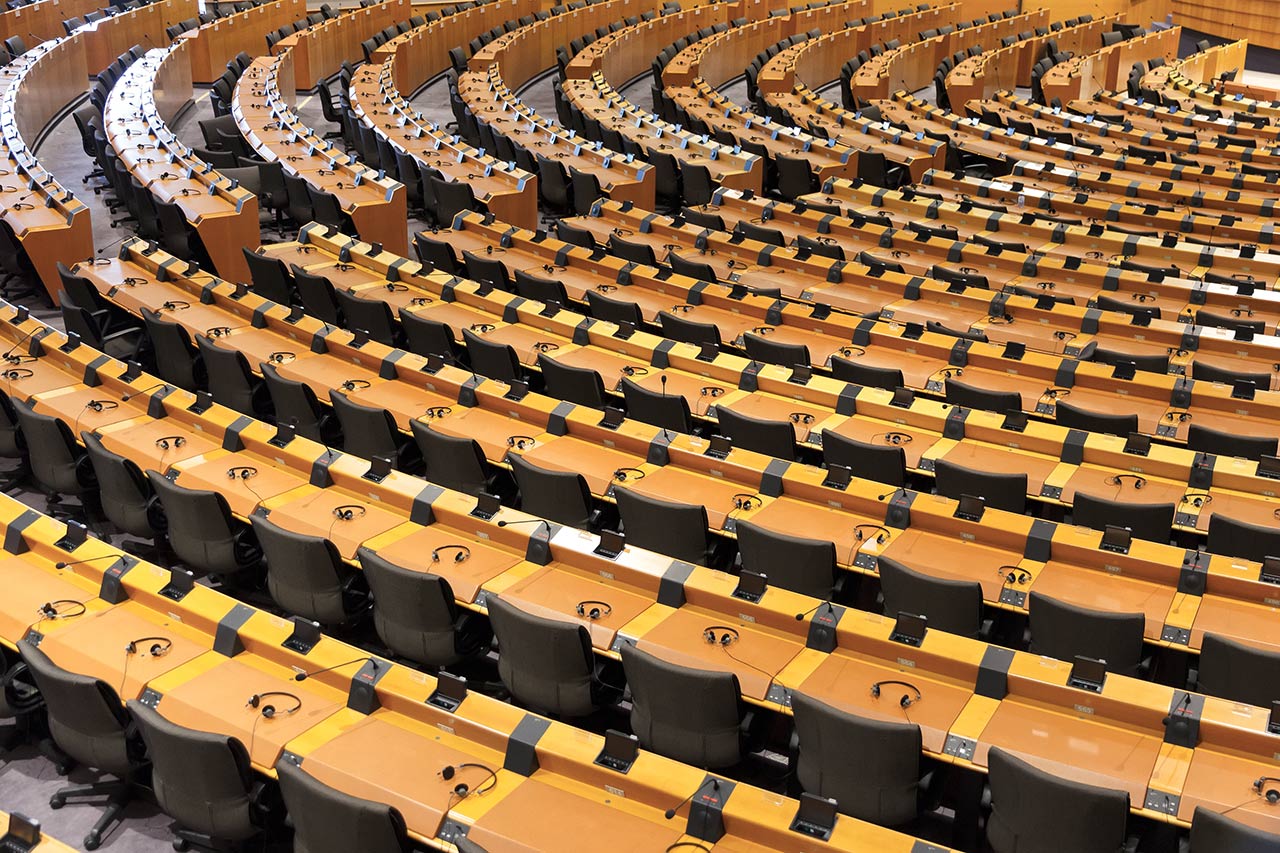Liberalism in International Relations
A short definition of the International Relations theory of Liberalism
Question
What is ‘Liberalism’ in International Relations?
Answer
Liberalism is a theory of governance which considers state behaviour domestically and in the international sphere. Unlike Realism, Liberalism does not view human nature as intrinsically selfish and views cooperation and interdependence as possible and desirable (Burchill, 2005). It is believed that greater interdependence will strengthen regional cooperation and present opportunities for global governance. Moreover, Liberalism seeks to promote and nurture values of order, justice, tolerance and liberty in the international sphere. However, due to the contested nature of these concepts and the spectrum of opinions on these issues, there is great variance in relation to how and to what extent scholars think that these values should be promoted within and amongst states (Dunne, 2008).
It must also be noted that Liberalism generally stresses the importance of non-state actors such as multi-national corporations. It is recognised that the non-state actor has had increasing influence and interaction with states in an ever more globalised world, in which military power has become less important to shaping relations between countries. This notion can be linked to the concept of soft power (Nye, 1990) in that Liberals prefer to use cultural and economic influence to persuade and encourage mutually beneficial behaviour, as opposed to the realist approach of coercing other states to act in your interest.
References
Burchill, S. (2005) ‘Liberalism’ In: S. Burchill, A. Linklater, R. Devetak, J. Donnelly, M. Paterson, C. Reus-Smit and J. True, ed., Theories of International Relations, 3rd edition. New York: Palgrave Macmillan, pp.55-81
Dunne, T. (2008) ‘Liberalism’, In J. Baylis, S.Smith and P. Owens (ed) The Globalization of World Politics: An introduction to international relations, 4th edition, Oxford: Oxford University Press
Nye, J.S (1990) ‘Soft Power’, Foreign Policy, Vol.80. 20th Edition, pp.153-171
